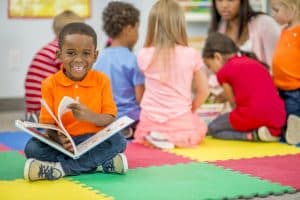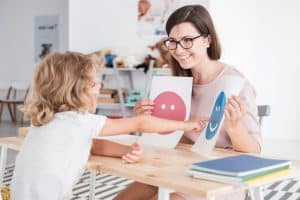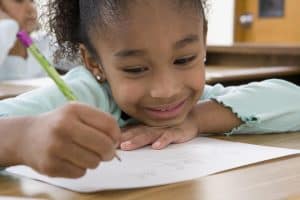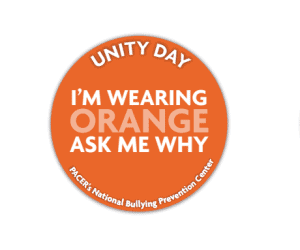Women’s History Month, observed each March, is a dedicated time to honor the accomplishments, resilience, and contributions of women. For elementary teachers, this month provides an opportunity and a reminder to include women’s history in your year-round curriculum.
The significance of Women’s History Month serves as a powerful reminder that women have always been instrumental in shaping societies, breaking barriers, and influencing positive change throughout history. Read on to find books, activities, and more resources for celebrating Women’s History Month in the elementary school classroom.
4 Children’s Books for Women’s History Month
Find ideas for celebrating Women’s History Month in class and including women’s achievements in your curriculum! Each biography picture book is free to download or print and available in English and Spanish along with a classroom guide with activities and discussion questions.
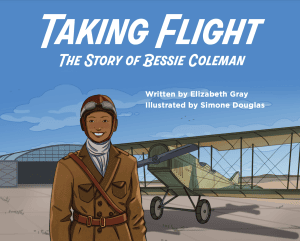 1. Taking Flight: The Story of Bessie Coleman by Elizabeth Grey (Spanish: Tomando vuelo: La historia de Bessie Coleman)
1. Taking Flight: The Story of Bessie Coleman by Elizabeth Grey (Spanish: Tomando vuelo: La historia de Bessie Coleman)
This picture book biography introduces students to the life of Bessie Coleman, the first Black woman to hold a pilot’s license. It is a thoughtfully written tribute to an aviation pioneer, reminding readers that with perseverance and passion, they too can soar to new heights.
Download Reading Together Family Guide:
2. Defying Gravity: The Story of Mae Jemison by Elizabeth Gray (Spanish: Desafiando la gravedad: La historia de Mae Jemison)
This picture book biography reflects on the extraordinary life of Mae Jemison, NASA astronaut and the first Black woman to travel in space. Young readers will be inspired by Jemison’s resilience and wonder as they discover how she used her passion for science to reach for the stars and achieve her dreams.
Download Reading Together Family Guide:
2. Eyes on the Goal: The Story of Abby Wambach by Andy Minshew (Spanish: Ojos puestos en la meta: La historia de Abby Wambach)
Eyes on the Goal takes readers on the incredible life journey of soccer star Abby Wambach as she grows from a child who loves her sport to a force to be reckoned with on the field. Both her personal achievements and her impact as a courageous advocate for women’s equality in professional sports are celebrated with the hope of inspiring other young people to fight for a fair future for all.
Download Reading Together Family Guide:
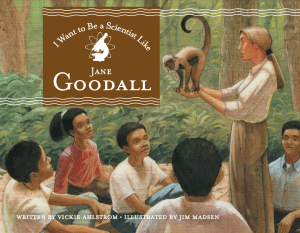
3. I Want to Be a Scientist Like Jane Goodall by Vickie Ahlstrom (Spanish: Quiero ser un científico como Jane Goodall)
Learn about a woman whose passion for animals and the environment has left a mark on her scientific field! Through vibrant storytelling, students will be introduced to primatologist Jane Goodall’s curiosity, courage, and unwavering dedication to protecting our planet’s biodiversity.
4. The Courage to Learn: The Story of Helen Keller by Laura Moody (Spanish: La Valentía para Aprender: La Historia de Helen Keller)
This picture book explores Helen Keller’s unbreakable spirit from an early age, her extraordinary friendship with her teacher Anne Sullivan, and her lifetime of achievements that made her legacy one of courage and determination. It celebrates Keller’s work as a woman who paved the way for others with disabilities to break barriers.
Download Reading Together Family Guide:
For more classroom activities, download the Waterford Women’s History Month Curriculum Corner. The resources included there can help you create meaningful class discussions for students to explore the legacy of women in history as a social studies lesson.
